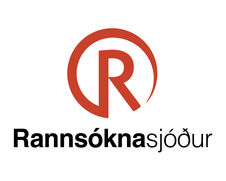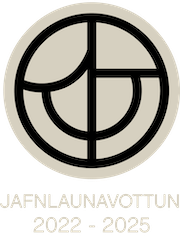Timed Asynchronous Reactive Objects in Distributed Systems: TARO - verkefni lokið
Fréttatilkynning verkefnisstjóra
In the Rannis project, TARO (Timed Asynchronous Reactive Objects in Distributed Systems), we developed a model-driven methodology in which the designer can build an abstract model where each component is a reactive object communicating through non-blocking asynchronous messages.
The structure of the model can very well represent service oriented architectures while the computational model matches the network infrastructure and hence the model captures the real behavior of the system in a distributed and asynchronous world. We defined Timed Rebeca as the modeling language and TeProp as the property language. The property specification language is an event-based user-friendly language.
 Heiti verkefnis: Timed Asynchronous Reactive Objects in Distributed Systems: TARO
Heiti verkefnis: Timed Asynchronous Reactive Objects in Distributed Systems: TARO
Verkefnisstjóri: Marjan Sirjani, Háskólanum í Reykjavík
Tegund styrks: Verkefnisstyrkur
Styrkár: 2011-2013
Fjárhæð styrks: 19,4 millj. kr. alls
Tilvísunarnúmer Rannís: 110020
We provided tool support for analysis, which can help in improving the settings of different parameters in local computations and scheduling policies within each component (for handling the arrived events and required tasks and providing the requested services), as well as the network configuration and parameters.
We applied our methodology on various medium-size examples and real-world case studies that can be found on Rebeca Homepage (http://www.rebeca-lang.org/wiki/pmwiki.php/Examples/Examples). The NoC (Network on Chip) case study is a real-world case study where we showed how to do formal verification and performance evaluation using our methodology. We analyzed different routing algorithms and scheduling policies in NoC designs. Another example is schedulability analysis of distributed real-time sensor network applications, more specifically a real-time continuous sensing application for structural health monitoring. An ongoing project is on evaluating different dispatching policies in clouds where we have priorities and deadlines in Mapreduce clusters.
Two PhD students are funded by TARO, and five Master Theses at Reykjavik University are done using TARO´s support. Moreover, two Master Theses are done on related subjects at University of Tehran.
The list of publications is available in this report, as well as on the Rebeca homepage (http://www.rebeca-lang.org/wiki/pmwiki.php/Rebeca/Publications). All the software tools are available at http://www.rebeca-lang.org/wiki/pmwiki.php/Rebeca/Tools.


